
Professor Maddy Parsons
Dean of Research Excellence Frameworks
- Professor of Cell Biology
- Director of Nikon Imaging Centre at King's
Research interests
- Biomedical and life sciences
Biography
Maddy works closely with the senior leadership team, RMID Research Performance team, and faculties to oversee strategic implementation of all aspects of the Research Excellence Framework. Her role supports King’s broader ambition to provide a positive and inclusive research culture that delivers against our strategic priorities and celebrates all contributions across our diverse and vibrant University
Research

Parsons Group
Parsons group in the Randall Centre for Cell & Molecular Biophsyics

London Centre for Nanotechnology
The London Centre for Nanotechnology is a UK-based multidisciplinary enterprise operating at the forefront of science and technology. Its purpose is to solve global problems in information processing, healthcare, energy and the environment through the application of nanoscience and nanotechnology.
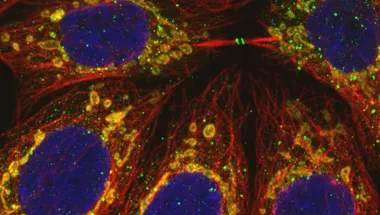
Lipids and Membranes Research Interest Group
A Lipids and Membranes Research Interest Group
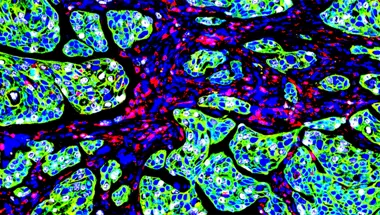
Spatial Biology Network
The Spatial Biology Network is a cross-faculty research interest group that brings together researchers from various disciplines, ranging from technology development and molecular biology, to bioinformatics and clinical translational research, to explore the complexity of spatial biology.

Cancer Biology
Cancer Biology

King’s MechanoBiology Centre (KMBC)
The King’s MechanoBiology Centre gives a common platform for researchers across different disciplines with complementary interests in mechanobiology
News
£1.8M investment to expand access to bioimaging research infrastructure
The UK Euro-BioImaging Node – a multi-sited national infrastructure offering open-access to advanced biological imaging techniques – has received a £1.8...
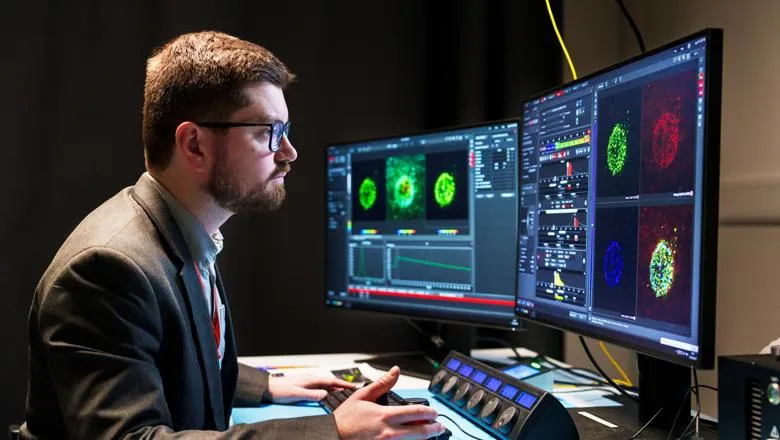
£1m funding awarded to create revolutionary bioimaging tools
King’s Professors Maddy Parsons and Simon Ameer-Beg have each been awarded £500,000 seed funding by Wellcome to develop cutting-edge bioimaging tools to study...

Three King's academics elected as Fellows of the Academy of Medical Sciences
Professors Ammar Al-Chalabi, Maddy Parsons and Jane Sandall have been elected as Fellows of the prestigious Academy in recognition of their industry-leading...
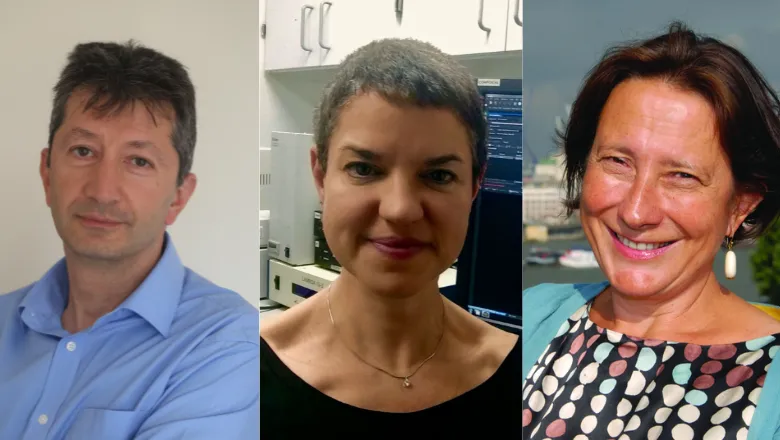
£10million awarded to make medicines work for everyone
Researchers have been awarded £10m to launch a world-leading hub to drive understanding of why some patients don’t respond to treatments.

Excessive scarring shown to be associated with atopic eczema, hypertension and musculoskeletal diseases
Researchers find that excessive keloid and hypertrophic scarring co-occurs with specific conditions, while ethnicity also plays a part.
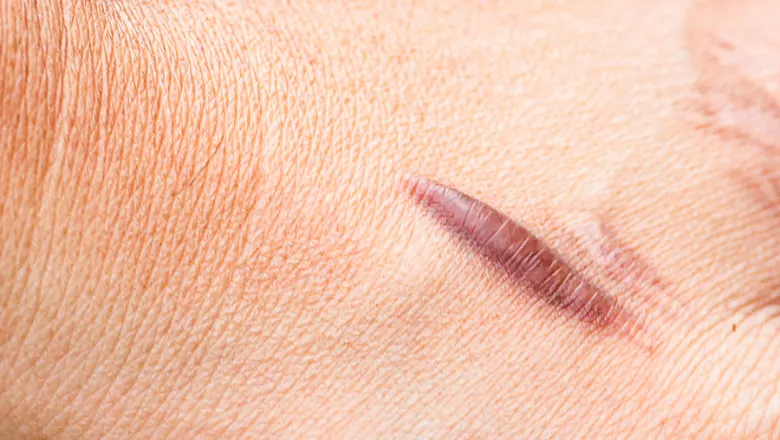
Scientists reveal how key cancer target could halt cancer spread
Researchers have shown that a protein called fascin acts in the control centre of cancer cells and influences their ability to repair themselves, grow and...
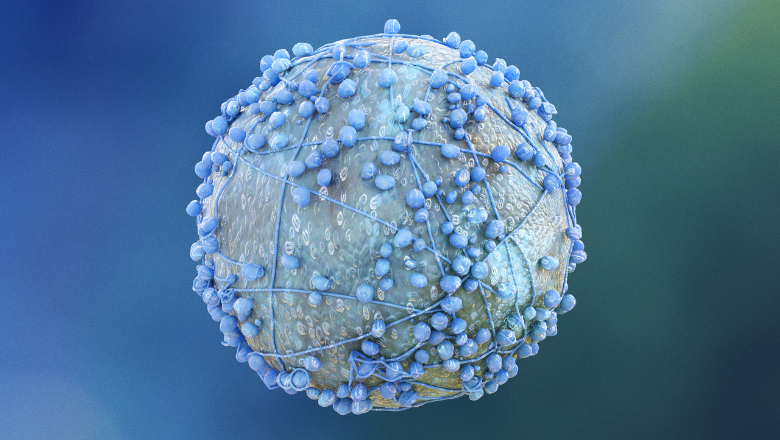
Professor Maddy Parsons appointed new Chair of MRC Molecular & Cellular Medicine Board
King's professor announced as new Chair

Research

Parsons Group
Parsons group in the Randall Centre for Cell & Molecular Biophsyics

London Centre for Nanotechnology
The London Centre for Nanotechnology is a UK-based multidisciplinary enterprise operating at the forefront of science and technology. Its purpose is to solve global problems in information processing, healthcare, energy and the environment through the application of nanoscience and nanotechnology.

Lipids and Membranes Research Interest Group
A Lipids and Membranes Research Interest Group

Spatial Biology Network
The Spatial Biology Network is a cross-faculty research interest group that brings together researchers from various disciplines, ranging from technology development and molecular biology, to bioinformatics and clinical translational research, to explore the complexity of spatial biology.

Cancer Biology
Cancer Biology

King’s MechanoBiology Centre (KMBC)
The King’s MechanoBiology Centre gives a common platform for researchers across different disciplines with complementary interests in mechanobiology
News
£1.8M investment to expand access to bioimaging research infrastructure
The UK Euro-BioImaging Node – a multi-sited national infrastructure offering open-access to advanced biological imaging techniques – has received a £1.8...

£1m funding awarded to create revolutionary bioimaging tools
King’s Professors Maddy Parsons and Simon Ameer-Beg have each been awarded £500,000 seed funding by Wellcome to develop cutting-edge bioimaging tools to study...

Three King's academics elected as Fellows of the Academy of Medical Sciences
Professors Ammar Al-Chalabi, Maddy Parsons and Jane Sandall have been elected as Fellows of the prestigious Academy in recognition of their industry-leading...

£10million awarded to make medicines work for everyone
Researchers have been awarded £10m to launch a world-leading hub to drive understanding of why some patients don’t respond to treatments.

Excessive scarring shown to be associated with atopic eczema, hypertension and musculoskeletal diseases
Researchers find that excessive keloid and hypertrophic scarring co-occurs with specific conditions, while ethnicity also plays a part.

Scientists reveal how key cancer target could halt cancer spread
Researchers have shown that a protein called fascin acts in the control centre of cancer cells and influences their ability to repair themselves, grow and...

Professor Maddy Parsons appointed new Chair of MRC Molecular & Cellular Medicine Board
King's professor announced as new Chair

